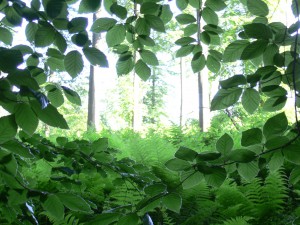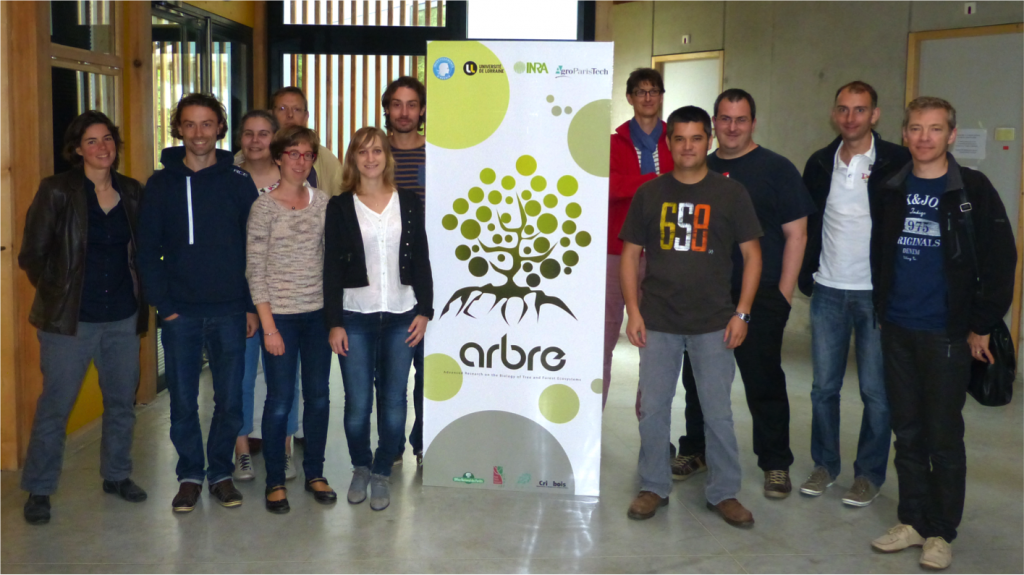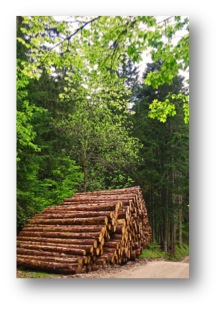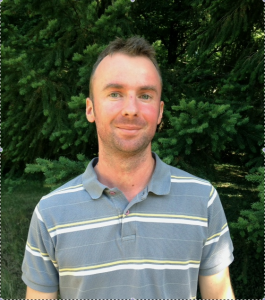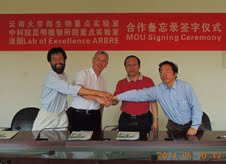25-29 August 2014
The Summer School nfz.forestnet
INRA Nancy-Lorraine Centre
Champenoux
__________________________________________________________________
The NFZ.forestnet Summer School is taking place in Champenoux (France) this year . This summer school on Mixed Forest Ecosystems (MIXFOR) was organized by INRA, the University of Lorraine and AgroParisTech, with additional support from LabEx ARBRE.
Mixed forests and plantations have the potential, when compared to monocultures, (i) to show improved productivity, soil fertility, nutrient cycling, and carbon sequestration, (ii) to reduce hazards due to pests and diseases, and (iii) to exhibit greater biodiversity. However, the relationships between species diversity and ecosystem functioning is still largely debated. In mixed forests and plantations, tree species basically compete for resources, but facilitation or complementarity interactions also occur and influence ecosystem functioning. Furthermore, these relationships can be influenced by environmental conditions; global changes will thus influence species interactions and their effect on ecosystem functioning and services, including productivity.
The 2014 NFZ.forestnet Summer School on “Mixed Forest Ecosystems” (acronym MIXFOR) will offer applicants a complete and thorough view of the positive (e.g. facilitation, niche differentiation) and negative (competition) interactions for resource acquisition occurring in mixed forest ecosystems and their consequences on ecosystem functioning and services, in the context of environmental changes. Scientists from the NFZ.forestnet network working in this field as well as internationally recognized ones will share their research experience and illustrate concepts in community ecology and functional ecology to disentangle the relationships between biodiversity and ecosystem functioning. Illustrations might cover natural forests, plantations, and agro-forestry cultural systems, for temperate or tropical ecosystems.
The agenda will include conferences and workshops on technical, methodological, or conceptual aspects accompanied by case-studies. Classroom sessions will take place on INRA premises in Champenoux (15 km from Nancy, transportation provided by INRA). There will be visits of 3-4 mixed plantations or natural forests in Lorraine. These visits will be conducted in collaboration with the local forest partners (namely Office national des forêts, ONF) and will contribute to illustrate the experimental or observational studies conducted in Lorraine.
This event was organized by Damien Bonal et Nicolas Marron d’EEF.
For more information – NFZ.forestnet







